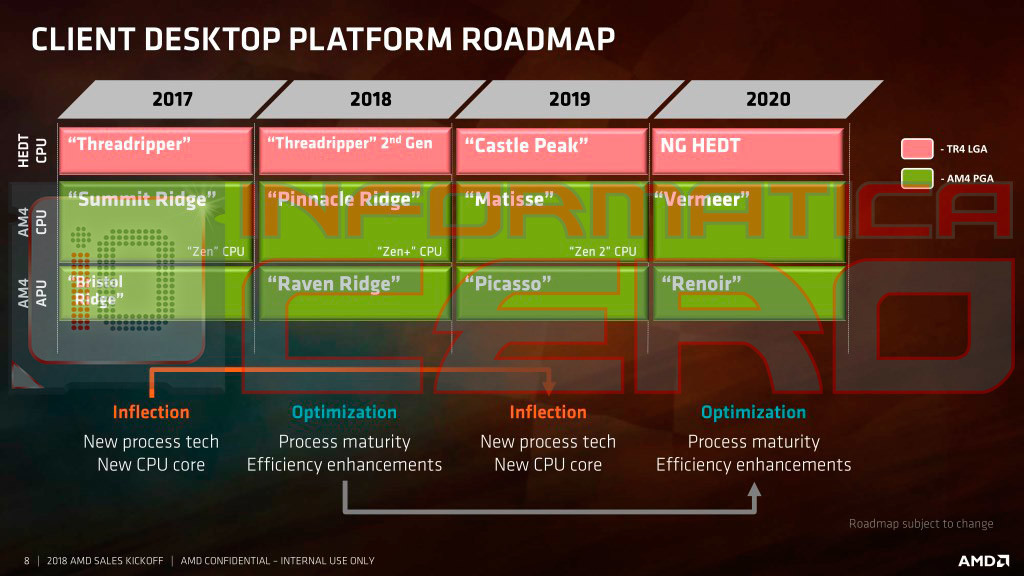Well, maybe it's a broader definition of "security" than people here may be used to. Sorry. Risk management comes out once in a while.First off, ECC isn't a security feature, it's a data integrity feature, unless everything I've ever read about it is wrong.
Yeah, I meant "security" as the general idea of mitigating risk.Unless you mean security from hardware failure??
What if airbags are designed on a computer without ECC and we're so unlucky that the simulation data got corrupted or lost?An airbag protects you in an accident, ECC corrects hardware data errors should they occur.
I know this may sound funny, but that's what risk management is usually about: mitigating the risk of very rare but significant events.
Yes, corruption/instability stemming from a class of RAM errors that ECC targets is very rare. But it can happen and we have a technology that makes it few orders of magnitude less likely. So this technology became a standard in production systems.
OK, you may be sure. I'm pretty sure it won't. These are just opinions.I'm pretty sure ECC will work properly on Ryzen if a motherboard supports it, and not if it doesn't.
I was speaking from a PoV of an enterprise, so the party actually interested in ECC memory.
The system has to officially support ECC, i.e. someone has to take responsibility. And that's the whole point: responsibility.
Maybe Ryzen today can work in ECC mode, we don't know that. And honestly, do we really know whether Threadripper, EPYC or Xeon support ECC properly? No, we don't.
But one CPU has an "ECC validated" sticker and one doesn't. And that sticker changes everything.
No, ECC is required in virtually all production systems in large enterprises.ECC is normally only used in applications where downtime is unacceptable, like data centers, mission critical (like maybe military, medical, perhaps ATC and possibly AI driving?) applications, as it's more expensive than non-ECC, even though once upon a time, ECC was the norm (if I remember my computer history right).
Also, you have a very military understanding of something being "mission critical" (gaming much? ;-)).
A mission critical system is any system essential for an organization to perform its core tasks.
For example the system responsible for selling products is "mission critical", because selling is the most important activity in a company. The database that holds client or sales data is critical as well.
If your company designs fans on CAD workstations, they may also be considered "production" and "mission critical", i.e. it's very unlikely this job will be given to ordinary office desktops - even if they're fast enough.






